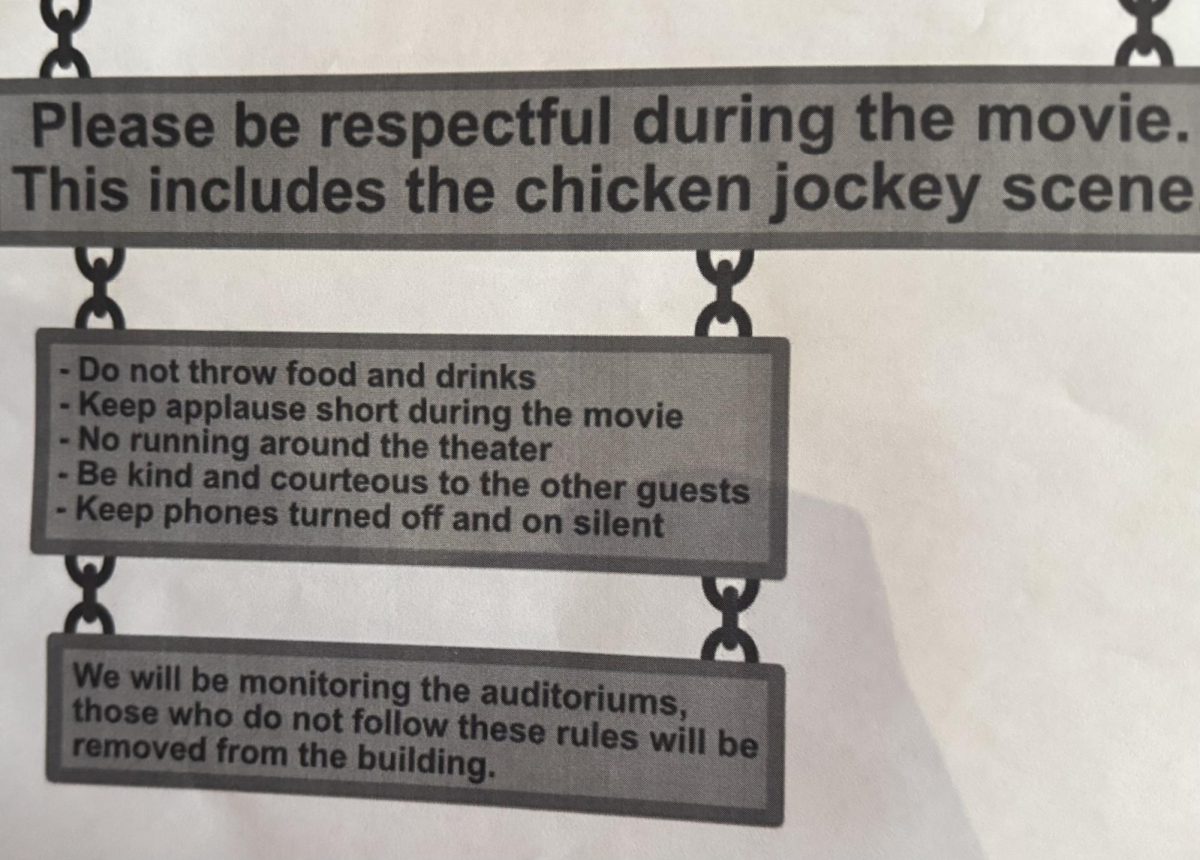This year, Macalester changed its rules on designating grading options, moving the deadline to decide whether to pass/fail a class rather than receive a letter grade to the 10th week from the fourth. Although this is an important step in creating an academic structure that properly incentivizes students to fully engage with their classes, Macalester’s pass/fail philosophy still falls short of being a cohesive and sensible facet of its academic profile. It’s time for Macalester to make wholesale changes to the pass/fail system that would better encourage students to challenge themselves, while still emphasizing the importance of a liberal arts education.
The current pass/fail system has established the following rules: only one class per semester can be taken pass/fail, no class that counts for a major, minor, or concentration can be taken pass/fail and the declaration of a pass/fail grading option must be made by the end of the 10th week of the semester. In practice, many students employ the pass/fail option for classes they need to take for distribution requirements in departments which are not their fortes. The other most common use of the grading option is to take a legitimately interesting class in an unfamiliar department, eliminating the risk of harming a pristine GPA for the sake of intellectual curiosity.
What the current system promotes, though, is an environment in which students immediately deemphasize classes they intend to take pass/fail. Once a student believes they’re going to pass/fail a class, it no longer matters how much effort they put forth; all that matters is that the professor, in their infinite clemency, grants the student a grade above 65.
This problem was unquestionably more profound under the previous deadline, since students had to decide before even the first major assignment of the semester if they were to pass/fail the class. Still, the current setup fails to properly exhort students to make a bona fide effort toward classes with material to which they are unaccustomed.
November 9th, the deadline to designate a grading option this semester, falls before many classes will hold their second midterm exams. If a student gets a B- on their first test and is spooked into pass/failing a class, they will insulate themselves from the possibility of drastic improvement. Nearly every professor with whom I have taken a class has noted that subpar grades on the first major assignment is a perfectly normal phenomenon. As students grow more comfortable with the material and the idiosyncrasies of the professor’s tests, their scores often improve. It is also a regular occurrence for poor grades early in the semester to be assigned diminished weight if the student earns higher marks later in the semester.
Regardless, the threat of a GPA-ruiner is far too great a risk for many students to take, and they opt to pass/fail a class in which they got off to an imperfect start. As the possibility of earning a high grade is now zero, these students—who reallocate their effort towards other, more rewarding classes and extracurriculars—increasingly show up unprepared to discuss readings or take a lackadaisical approach to group projects. Due to the reduced focus towards the class in question, the aggregate level of scholarship in the classroom decreases, a detriment which affects the other students in the class. With its small class sizes, Macalester classrooms thrive on vigorous debate; if enough students lose their incentive to fully participate in these debates, they become uninspiring.
So what can Macalester do to properly align incentives for curious but cautious students? I propose the Non-Recorded Option (NRO) used by Vassar College. Here’s what this method entails: A student selects the minimum letter grade they would deem acceptable for themselves to earn in the class, e.g. a B+;
If the student earns a grade at or above the B+ they designated, that grade makes its way onto the student’s transcript and GPA calculation;
If the student earns any grade below the grade they designated—but above an F—the grade appears as a Pass and is not calculated in the student’s GPA.
The NRO enables students to take classes in a wide variety of disciplines, encourages them to put forth an effort commensurate with the grade they hope to receive and acknowledges the dilemma that students have when approaching an unfamiliar curriculum. It allows risk-averse students to expand their intellectual horizons to a greater degree than Macalester’s current pass/fail system. And most importantly, the NRO means that students have a stake in the game of each class they take, thereby incentivizing them to take the class seriously.
These problems become more prevalent while navigating the unfamiliar curricula of study abroad programs. The expansive range of academic programs available to Macalester students makes it impossible to compare them all fairly; what sense does it make to grade a student who took difficult classes in a foreign language—and perhaps as the only American present in the class—on the same scale as someone who may have taken low-effort courses alongside dozens of other Americans?
While it is certainly important that Macalester students take their academic experiences while abroad seriously, the potential for disaster is far too high under the current approach. With many universities abroad adhering to different grading practices—not to mention unclear syllabi and infrequent assessments—a student could see their GPA plummet due to one class they took abroad that turned out to be far different than they anticipated.
The effect of grading study abroad courses as if they were Macalester courses potentially has the adverse effect of Macalester’s intentions. Rather than take a potentially challenging class abroad, a student who wants to preserve their stellar record may instead opt for one of the countless classes offered by large international universities that require little to no work, focus, or attendance. Is that a really better outcome than students taking classes pass/fail while abroad?
To protect study abroad students from the possibility of chaos, Macalester should follow the path that many other leading institutions have set upon and either distinguish study abroad classes from the rest of a student’s academic record or have them all count as pass/fail. Students who choose to live in a different country (especially one that requires fluency in a foreign language) are already showing commitment to academia and do not need the pressure of uncertainty dogging them during their respective semesters.
Postponing the deadline for pass/fail moves the needle in the right direction and I commend those involved in making that decision. However, Macalester could benefit students with a new approach to the grading option. Moving to an NRO system would encourage more students to take more risks both at home and abroad while also preserving the safety net that a pass/fail system provides, ultimately leading to a more adventurous and engaged academic community on campus.







Leah Hemmings • Sep 5, 2019 at 5:42 pm
Thanks for the sensible critique. Me & my neighbor were just preparing to do a little research on this. We got a grab a book from our local library but I think I learned more from this post. I’m very glad to see such excellent information being shared freely out there.